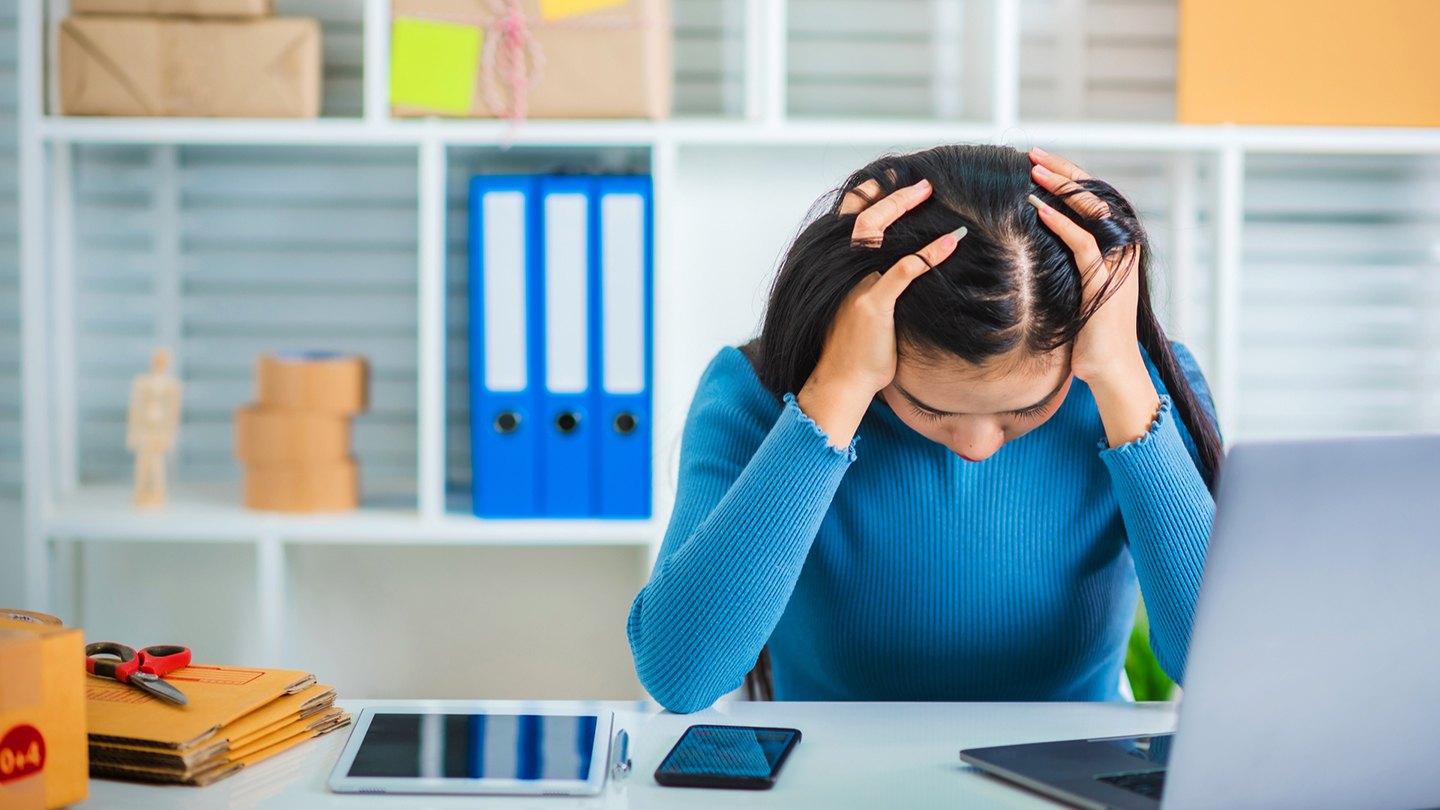Mental Health
Covid-19—A mental health doctor explains why we are so anxious
Understanding your reaction to unrelenting stress during these uncertain times

We are living in stressful times. As we enter the 16th month of this unrelenting pandemic, many are already stressed and burned out.
We have endured much—from fear of infection to health concerns about Coronavirus, from the pressure of keeping up with the ever-changing news to stresses about restrictions and isolation, and to cope with changes in work patterns or loss of employment or managing children and their education at home. Our worries were already high, and the second wave arrived and multiplied our fears with unimaginable grief and trauma due to the loss of loved ones.
I must emphasize that our stressful reaction to Covid-19 is understandable. Stress is a normal reaction, and some amount of stress improves attention and performance. During the outbreak, stress is necessary to enhance vigilance and motivate us to take precautions to safeguard our family and help prevent the spread of the virus.
But unrelenting stress, like we have seen during this pandemic, is sure to take a toll on our health and well-being. Stress causes anxiety, depression, addiction, sleep disturbances, anger problems, increased use of substances, and, of course, worsening of mental health conditions. In addition, stress accounts for many physical health problems such as hypertension, heart problems and reduced immunity, amongst others.
Stress is more pronounced in those infected or whose family member is infected, and when our loved ones are at high risk, and generally more so in parts of the world that are heavily impacted by the outbreak.
A study by American Psychological Association reported that nearly 8 in 10 adults say the coronavirus pandemic is a significant source of stress in their lives. And 7 in 10 noted that in the weeks before the study, they felt so tired that they sat around and did nothing, felt very restless, found it hard to concentrate, felt lonely, or felt miserable or unhappy.

Other research suggests that one in two is significantly affected by anxiety, which would amount to over 600 million people. I think this is only the tip of an iceberg, as many more are living and breathing in fear.
These numbers can seem scary, but if you have felt more stressed and anxious in the last year than ever before, then be assured that you are not alone. We are all in it together. I think it’s never too late to fix what this pandemic has taken away from us.
The virus can infect our body, but we cannot allow it to affect our minds. And when there is chaos and uncertainty outside, inner turmoil soon follows. We may not influence external reality (other than following precautions such as masking, hand sanitization and physical distancing), but we sure can calm ourselves. And it’s that inner calm that will help us cruise through these difficult times.
We all must monitor our own physical and mental health. It is essential for us to know the signs of stress in ourselves and our loved ones, learn how to relieve stress, and know when to get help when we need it. Read more here to identify signs and ways to cope with stress.
EXPLORE MORE
Corporate wellness today demands more than awareness. Our corporate workforce is navigating rising anxiety, burnout, and unmet wellness needs.
Burnout doesn’t arrive suddenly. Long before exhaustion takes over, the body and mind send subtle signals most of us dismiss.
Beyond early diagnosis and reminders, early intervention has a broader impact that’s frequently overlooked.
AI saves time, but it’s quietly draining our attention and our ability to think critically. Here’s how to regain focus without unplugging from modern life.









.jpg)
